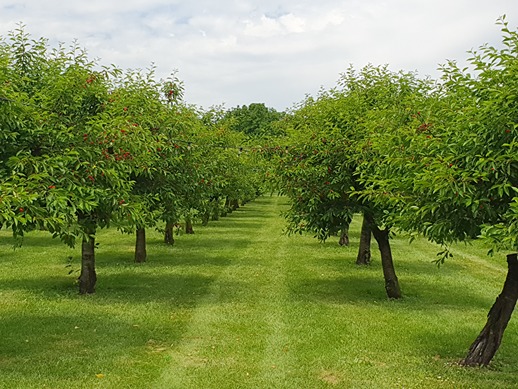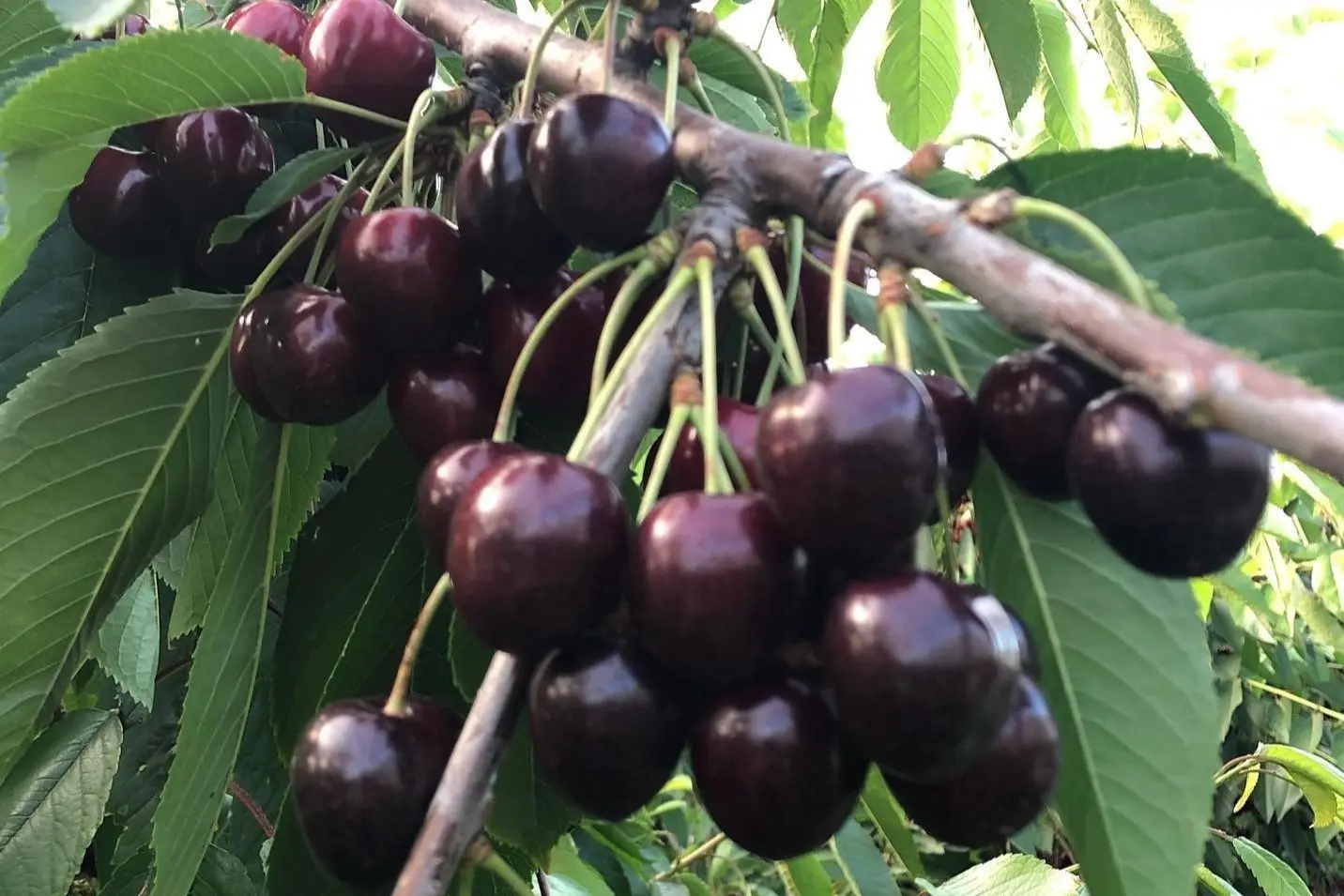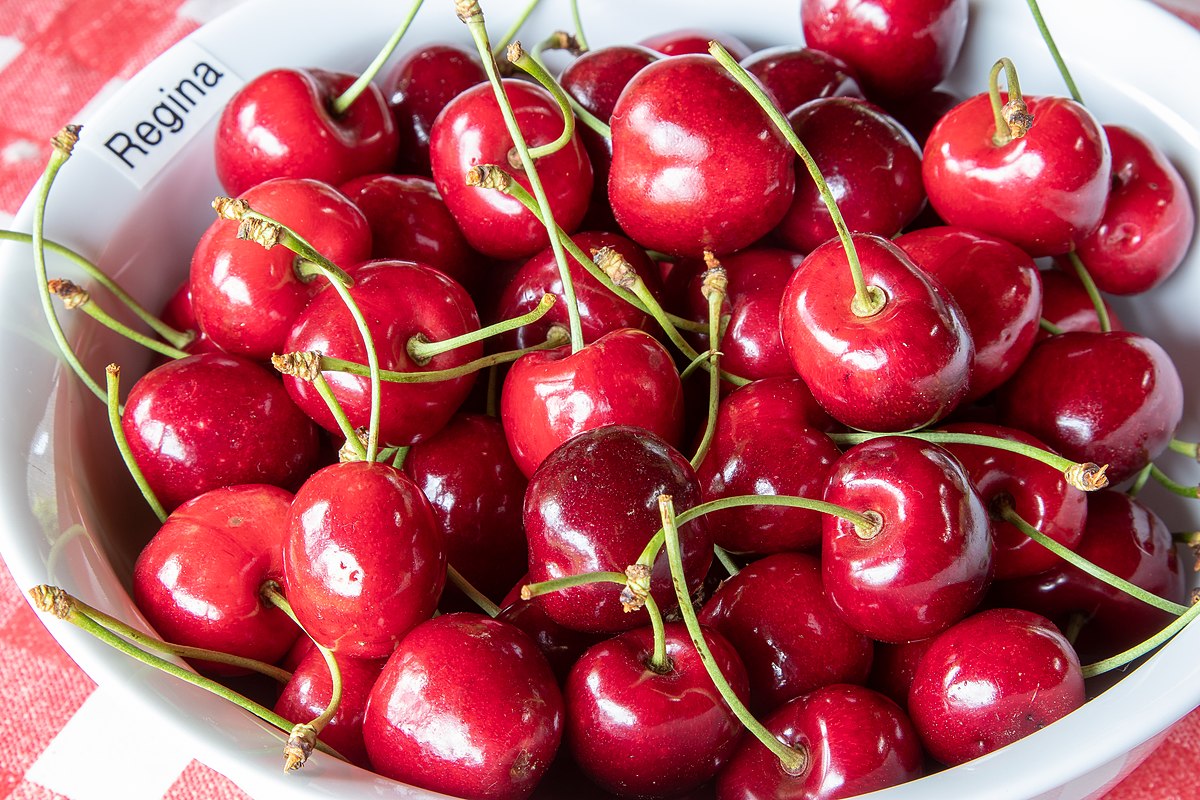A disastrous growing season for the cherry crop in northwestern Lower Michigan is leading to calls for federal aid and a growing sense that climate change is compromising the health of this iconic fruit.
The sweet cherry crop has been declared a failure, and similar conditions have affected tart cherries. It is estimated that this year cherry growers have lost between 30 to 75% of their crop. Governor Gretchen Whitmer has requested federal assistance for cherry growers, including low-interest loans and funds to rehabilitate or replant affected trees.
Michigan is the leading producer of tart cherries in the United States. In 2022, Michigan produced 180 million pounds of cherries worth 36.5 million dollars.
Tim Boring, director of the Michigan Department of Agriculture and Rural Development (MDARD), states that weather patterns related to climate change are damaging the agricultural industry. "Building climate resilience is one of our top priorities at MDARD. We know that the long-term prosperity and vitality of Michigan agriculture, especially our specialty crops, depends on our ability to adapt to changing climate conditions,” Boring said.

According to experts, the weather is becoming more erratic and less predictable. One of the causes is the constant warming of Lake Michigan, which in spring poses a higher risk of early blooming in cherry trees.
This year's issues were caused by weather variability. The mild winter of 2023-2024 led to an increase in insect populations. A warm, wet spring and early summer resulted in a surge in populations of spotted-wing drosophila and rapid development of fungi, including cherry leaf spot and American brown rot.
Emily Miezio of Suttons Bay, a farmer in Leelanau County and a member of the Michigan Cherry Committee, said that cherry growers who have been in the business for many years have told her they've never seen a growing season like this one.
Read the full article: FLOW
Image: SL Fruit Service
Cherry Times - All Rights Reserved











